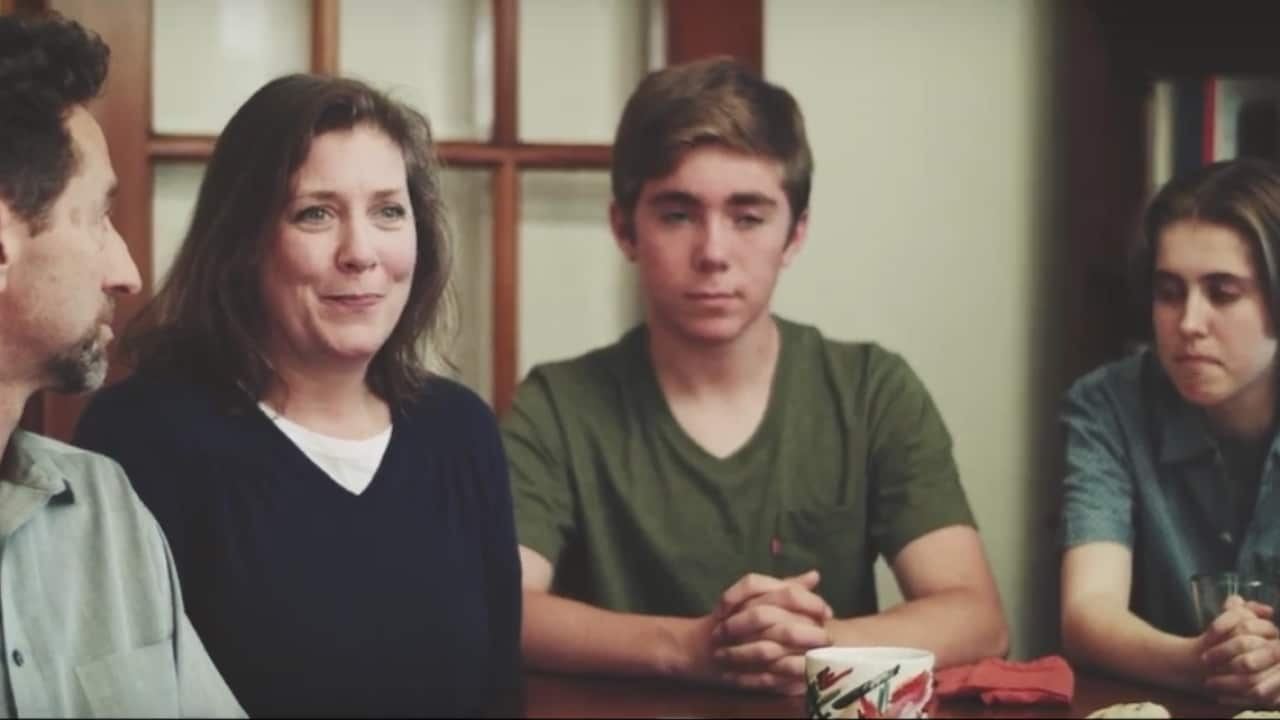Perhaps surprisingly, accessing medical transition was one of the easiest aspects of my healthcare as a trans person. I felt relatively supported throughout and I knew friends who could recommend healthcare professionals with a proven track record of working with the community. However, I also live in the inner west of Sydney and know there’s a kind of privilege that comes with accessing services in a capital city.
Finding competent and knowledgeable medical practitioners can be a challenge in itself, and many trans people still experience harassment or outright refusal of care. Like with other marginalised communities, fear of being mistreated in a doctor’s office means a portion of trans people will simply avoid accessing medical care altogether, and that’s a problem.
We already know that accessing trans-specific healthcare in rural areas of the country can be a difficult process – with people often essentially forced to travel long distances to visit metropolitan centres. Australia doesn’t formally use an informed consent model of access to hormone replacement therapy - you are typically required to seek psychological approval before being prescribed hormones, meaning that at every step of the way there can be loopholes and barriers to access – especially if you’re not living in a capital city.
Finding competent and knowledgeable medical practitioners can be a challenge in itself, and many trans people still experience harassment or outright refusal of care.
This process is known as gatekeeping, which in this context refers to the medical establishment controlling access to medical transition by demanding trans people “prove” their identity before being granted permission to resources. The first psychiatrist I saw while attempting to access hormone therapy prodded invasively at my identity, asked what made my ‘feel’ like a woman, and was unclear what I meant when I spoke about being non-binary. I know I’m not the only person who has experienced this kind of essentialism while simply trying to access the medical resources we’re entitled to. In my case, I swiftly ended our professional relationship, and was lucky to find a therapist who had engaged with the trans community before, was knowledgeable and understanding.
Outside of accessing medical transition, my experience of healthcare across the board has been mixed. The most common experience for me has been encountering practitioners who simply don’t know enough about trans healthcare – and me needing to act in a kind of teaching role as a result. It’s been invalidating when practitioners have used my old name and pronouns I no longer use. There have been two occasions I’ve needed an emergency script refilled for a medication I’ve been taking for literal years – during one of which, the closest doctor I could find asked, concerned - do I know what this is? Do I know what it will do to me? As if I hadn’t already been taking that particular medication for, again, literal years.
Accessing mental health services holds other unique barriers. The pathologisation of trans identity meant that, before I found a therapist who had worked with the trans community previously, I was seeing therapists who were certain that my identity was inextricably linked to my illnesses. That never felt like an accurate understanding - my depression may overlap or interact sometimes with my gender dysphoria, but it’s not the root cause, and that’s not why I was there.
Much of the more nuanced knowledge that I have around trans healthcare has come from within community.
While these experiences have been unpleasant on an individual level, what’s more concerning to me is the systemic undervaluing of knowledge around trans health. Much of the more nuanced knowledge that I have around trans healthcare has come from within community; information passed between friends or through Facebook groups. These forums act as a beacon in what can feel like a nebulous area, and it’s a special thing to be able to hold space for each other and pass along information. It’s also a reminder that ultimately, no matter how accommodating our healthcare providers may be, there’s a feeling that trans people need to be experts in our own healthcare – because if not us, who?
What are we missing out on in trans healthcare, for no reason other than no one doing the research? And what might the medical community learn from listening to trans people who’ve been made to do the research ourselves all this time? We might never know until the gaps start to be filled in – and practitioners take it upon themselves to familiarise themselves with treating trans and gender non-conforming patients.
Allison Gallagher is a Sydney writer. Follow them on Twitter at @allisongallaghr.





